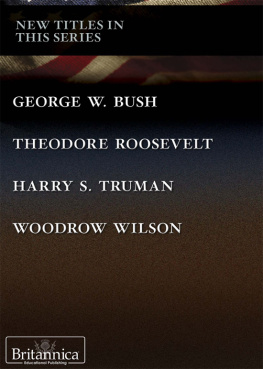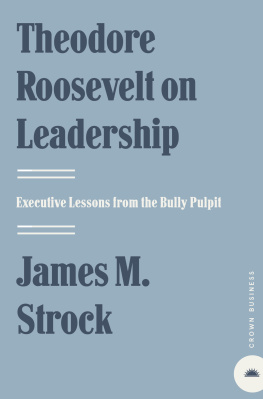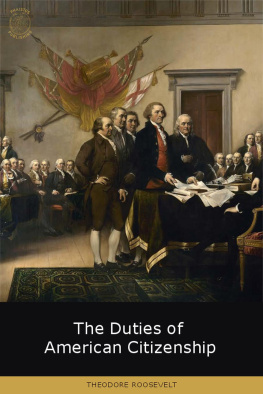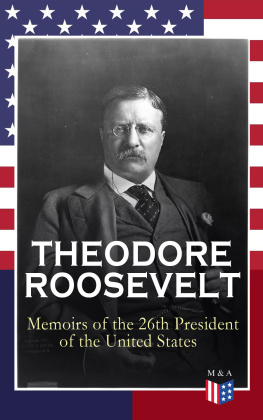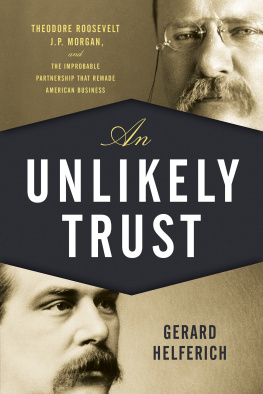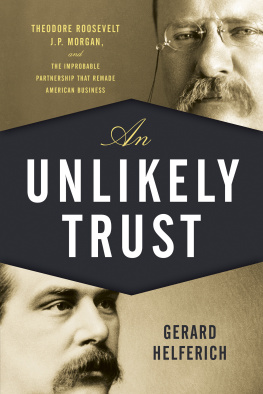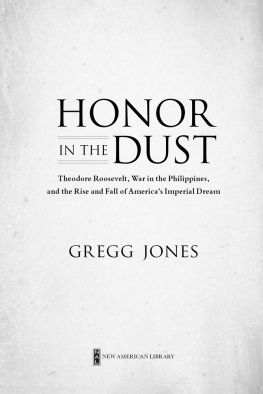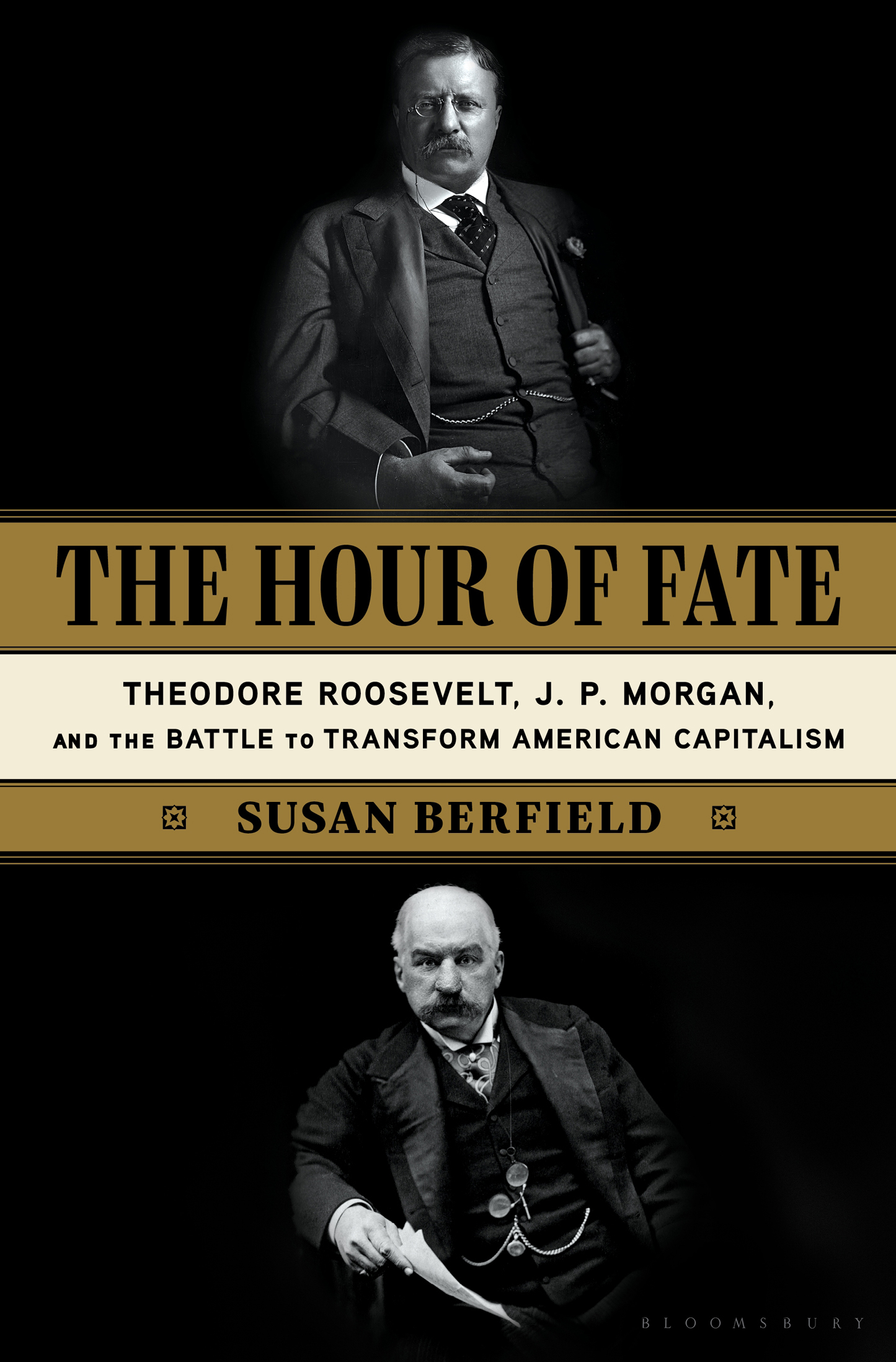Contents
Guide
Pagebreaks of the print version

To my family, always

CONTENTS
Leon hadnt worked in years. When he arrived in Buffalo on the last day of August 1901, he rented a room above John Nowaks saloon for two dollars a week. Czolgoszslender, clean-shaven, brown-haired, blue-eyed, twenty-eight years oldsurvived mostly on milk and bread. He didnt talk much. He didnt stay long. He seemed to be one of those young men adrift in Americas raw, roaring economic churn. One afternoon, he walked to Walbridge Hardware on Main Street and bought the most expensive handgun on display, a .32 caliber Iver Johnson automatic revolver, for $4.50.
Czolgoszs parents immigrated from Eastern Europe to the Midwest and then kept moving in search of work. His mother died when he was about ten. His stepmother seemed uncaring, his father distant. Czolgosz attended school when he could, worked a few hours here and there when he had to, and then, when he turned sixteen, followed his fathers instructions to get a full-time job. Five years in classrooms made him the best educated of his seven siblings. Czolgosz eventually ended up at the Cleveland Rolling Mill, a steel wire factory with modern equipment and management. He could count on decent pay, steady hours, and tolerable physical demands. If all went well, Czolgosz might one day rise out of the working class.
Things didnt go well. In 1893, America sank into a depression, businesses shut down, and people across the country lost their jobs. Czolgosz was among them. When he was rehired, the company engaged in a brutal price war that resulted in lower wages. After Czolgosz joined a strike, he was fired and put on a blacklist. The only way he could work again was to wait for a new foreman to come in and then reapply under a fake identity. He chose the name Fred Nieman: Fred Nobody.
Everyone around him could see that he was unhappy, brooding, almost broken. He had been set back, as so many others had, and couldnt recover, and in this too he wasnt alone. Then he stopped trying. In 1898 he told his boss that he was unwell and had to quit.
His family had purchasedGoldman, speak in Cleveland and was so taken by her that he began to contemplate radical, violent, and, in his mind, heroic, action. First, though, he introduced himself. They exchanged a few words, and he made a good impression, but if he was expecting to be taken in, he would have been disappointed. All he came away with was a few books she recommended.
His family didnt know what to make of him, and he did not seem to know what to make of himself, either. I never had seventy dollars in July 1901, and he disappeared.
President William McKinley, well rested after a summer at home in Ohio, arrived in Buffalo on Wednesday, September 4, 1901, for the patented the machine. Thomas Edisons film company captured it all.
The showmenU.S. soldiers. Organizers had brought entire indigenous families to live in faux villages. Darkest Africa was enclosed by a fence; across from it was the Old Plantation. Only after activists, mostly black women, called on officials to do better, did the fair find room to display the books, art, and inventions of African Americans. The Negro Exhibit opened in a stifling convention center and received little attention from white journalists or the Expos promoters. Some of those on display resisted and a few others protested that it was wrong, or racist, to treat humans as specimens. To most of the crowd, though, it was all just a spectacle.
My fellow citizens,McKinley said to a cheering audience of some fifty thousand mostly middle-class men and women gathered on the vast esplanade. That all the people are participating in this great prosperity is seen in every American community.
McKinley had campaigned as The Advance Agent of Prosperity and often celebrated the countrys good fortune. He was fifty-eight years old, charming and generous even to critics, a gracious envoy to the business class who was still considerate of other opinions. He had been easily reelected in 1900. His vice president for his second term was Theodore Roosevelt, who was young and energetic and popular with voters because he didnt seem beholden to the rich. Born into New Yorks privileged set, Roosevelt had become a civil service reformer, then a Rough Rider cavalryman in the Spanish-American War, then a crusading governor. The Republican establishment barely tolerated him. The vice presidency was supposed to diminish Roosevelts power and keep him out of sight.
On McKinleys final day at the Expo, September 6, he planned to greet anyone who cared to meet him at the Temple of Music, an ornate domed building that could hold two thousand people. Many more than that were waiting outside late Friday afternoon. George Cortelyou, McKinleys personal secretary, had advised against a public reception, warning that the president would be too vulnerable. Twice Cortelyou tried to cancel it.
The weather was humid and heavy, and many in the queue held handkerchiefs and dabbed at their brows. Within the Temple, a musician played a Bach Sonata on one of the countrys largest organs as McKinley entered through a back door. He took his place between Cortelyou and John Milburn, the president of the Expo. He noted how cool it was inside. He seemed eager. Let them come, he said.
Attendants opened the front doors. National Guard soldiers paced in front of the entrance, and Secret Service agents and local police hovered. But no one noticed Czolgosz.
He had arrived at the Temple hours earlier and was near the front of the crowd, inconspicuous in his pressed gray suit, flannel shirt, and black string tie. He appeared as a mechanic, a printer, a shipping clerk, an eyewitness noted later. Except for one detail: He had wrapped his right hand with a plain handkerchief, as if he were injured. Underneath, he gripped his revolver.
McKinley smiled and reached to shake Czolgoszs left hand. As Czolgosz stepped forward, he raised his right instead and fired two bullets. The first grazed the president, but the second went deep into his abdomen, puncturing his pancreas and kidney and embedding somewhere beyond.
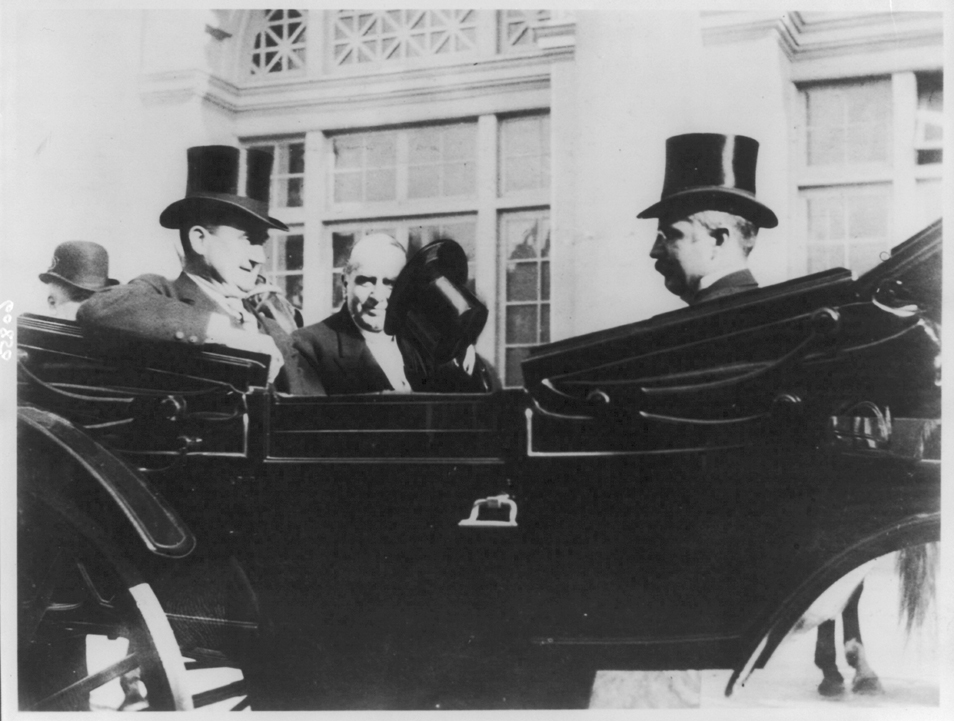
President McKinley on his way to the Temple of Music, September 6, 1901, with John Milburn (left) and George Cortelyou (right)
McKinley staggered. Cortelyou and Milburn steadied him, then eased him onto a chair. The man waiting behind CzolgoszJames Parker, an African American former constable from Georgia, now a waiter at an Expo restauranttackled him. Someone, a Secret Service agent or a soldier, grabbed the gun. In the melee it was hard to know who.
I done my duty, Czolgosz said as the police and soldiers and men waiting in line hit and kicked him. Czolgosz was blood-spattered and unmoving. McKinley was half conscious. Be easy with him, boys, he murmured. The police had to carry Czolgosz out before he was killed.
The president poked his fingers under his shirt. They came out bloody.
Nearly four hundred miles away in New York City, everything seemed just as it should that afternoon as John Pierpont ended at three, and by four the big and the small who calculated, bought, sold, loaned, speculated, hedged, hustled, and bluffed had emptied their offices. Trains, ferries, and yachts carried them away to the suburbs. Summer was still in the air, but the cheerful ease of the wealthy on an unhurried Friday was about to end.


